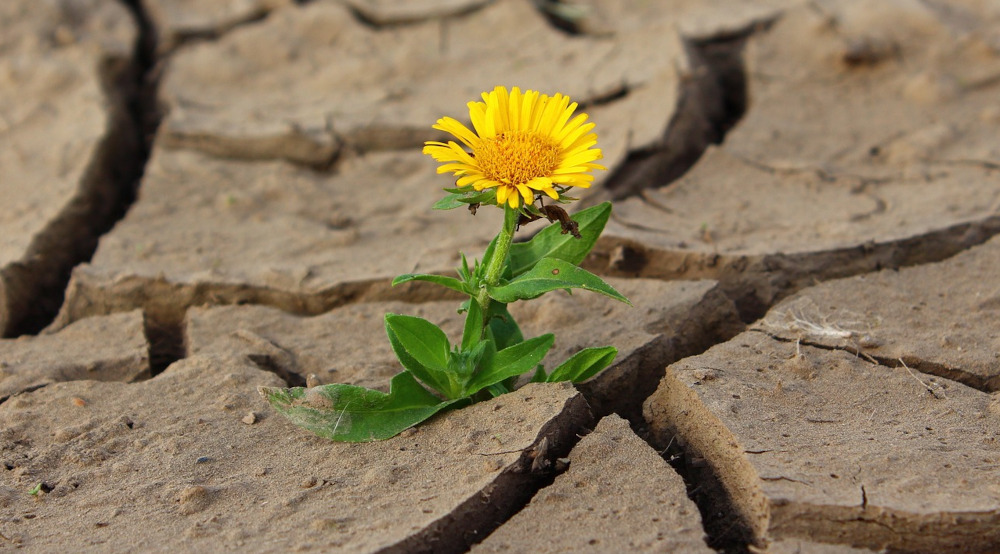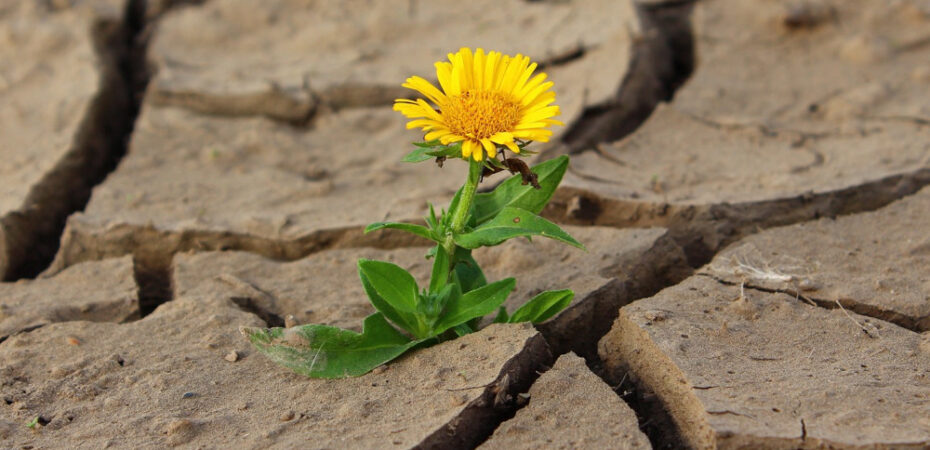
How can we support our students to rise to challenges and grow into resilient professionals? In this extra post, Dr Anja Klein, Senior Lecturer for Hebrew Bible/Old Testament at the School of Divinity↗️, discusses assessment resilience and provides good practice examples of how this can be weaved into our assessment design and curriculum development.
Studying at university is often idealised as “the best time of life”. However, many students experience their studies as challenging, and they report rising states of anxiety, depression, and stress. The Covid pandemic has exacerbated this crisis, and higher education is still dealing with the fallout. A significant stressor is coping with summative assessment, demonstrated by rising cases of extension and special circumstances requests. While before the pandemic most assignments came in on time, it is now the new normal to find only a third of the assignments in the Turnitin box.
My current area of research investigates resilience, a multi-faceted concept focusing on how humans deal with crisis. A comprehensive definition describes resilience as:
“the process of effectively negotiating, adapting to, or managing significant sources of stress or trauma. Assets and resources within the individual, their life and environment facilitate this capacity for adaptation and ‘bouncing back’ in the face of adversity” (Windle 2011↗️).
In an ideal world, students rise to the challenges of university education and grow into resilient professionals. In its current form, however, the challenges of the assessment regime seem to hinder resilience rather than support it. The question is how universities can help students to manage assessment loads, foster their skills to cope with stressors, and encourage them to take ownership of their resilience.
Helpful is the distinction between simple resilience and reflexive resilience (Bonß 2015↗️). Simple resilience describes an immediate reaction to crisis, while reflexive resilience is active or even proactive; it tries to prevent the crisis or actively fosters resources to cope. Through this lens, compensating actions such as extensions and the acceptance of special circumstances qualify as simple resilience. They address current adversities and mitigate crises, but they do not change how students will cope with these situations in future – they do not promote resilience. Furthermore, marking and moderation processes are still geared towards fixed deadlines, and the increasing number of late submissions poses difficulties for academic and support staff.
There will always be adversities such as a broken leg or a family crisis, when extensions and special circumstances are the support of choice. It will also prove difficult to backtrack on the current extension policy, but the focus should change to supporting students in their autonomy and agency to submit assignments on time. Foundation courses and study skills sessions can assist students in developing organisational skills and impart strategies to manage adversities and deal with pressure. An important factor in building resilience are also personalised relationships between students and staff – it remains to be seen how the new student support system facilitates these forms of engagement. Finally, peer support creates a resilient learning community – one of the biggest fallouts from the pandemic has perhaps been the disruption of assessment memory that passes down from one generation of learners to the next. It will take time and effort to rebuild this community.
When it comes to curriculum and course design, students perform better, when they understand the purpose of a chosen method of assessment and have a clear brief. Reducing the number of assessments per course allows more time for learning by trial and error and prevents the knock-on effect of extensions. Trying out different things should foster curiosity and learning, but I am aware that students are under a lot of pressure to perform well and tend to avoid risk-taking. Finally, it is desirable to foster a feedback culture that encourages students to engage proactively and learn to improve further assignments – this might also build up their confidence to try out new forms of assessment.
A final word on the connection between mental health and resilience: While mental health feeds into resilience, the two concepts should not be conflated (Bleasdale/Humphreys 2017–18↗️). In its current set-up, the university can only support short-term counselling, and waiting times for these services are long. Providing more funding and giving quicker and longer access will certainly help some students to enhance their resilience. However, it is an illusion that enough support and adjustments will allow every student to study successfully, and on the other hand there are students that are “healthy”, but continue to struggle. The goal of resilience is not always “persisting”, but fostering resilience should also involve the conversation whether continuing to pursue the goal in question is actually the right course for the student.
None of the strategies that I have proposed is new, and many approaches are already good practice. However, I find it necessary to change perspective from firefighting adversities to supporting assessment resilience. The conversation has just begun.
References
Bleasdale, Lydia/Humphreys, Sarah, Undergraduate Resilience Research Project: Project Report, Leeds Institute for Teaching Excellence, 2017–2018 (https://teachingexcellence.leeds.ac.uk/wp-content/uploads/sites/89/2018/01/LITEbleasdalehumphreys_fullreport_online.pdf, accessed 26/05/23).
Bonß, Wolfgang, “Karriere und sozialwissenschaftliche Potenziale des Resilienzbegriffes,“ 15–31 in Resilienz im Sozialen, ed. Martin Endreß/Angela Maurer, Wiesbaden: Springer, 2015.
Windle, Gill, “What is Resilience? A Review and Concept Analysis.” Reviews in Clinical Gerontology, 21 (2011), 152–169.
 Anja Klein
Anja Klein
Dr Anja Klein is Senior Lecturer for Hebrew Bible/Old Testament. She currently works on resilience in the prophetic literature, funded by a British Academy mid-career fellowship. She looks forward to being the next Divinity Director of Students. She would like to thank colleagues from the Divinity teaching and support office, who have read a draft and offered valuable feedback.



‘Reflexive resilience’ seems to be a vital transferable skill that will help students in later life and in the work place. Thanks for the thoughtful article.